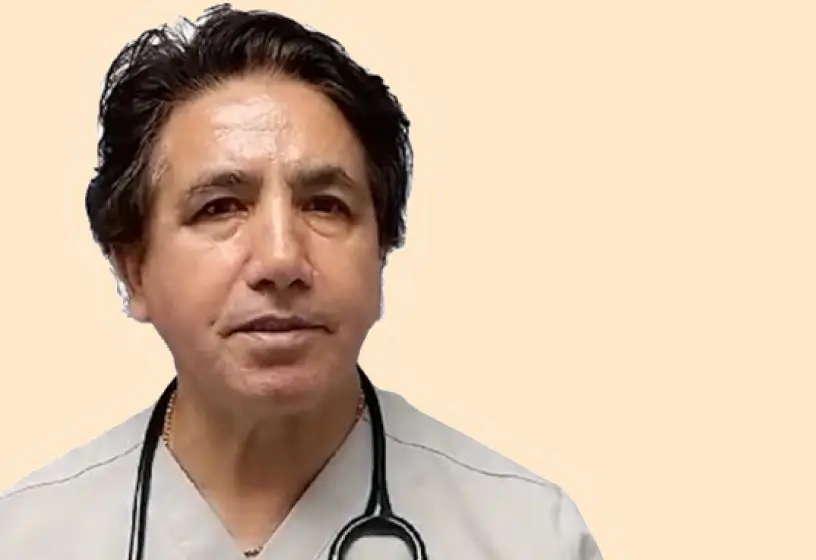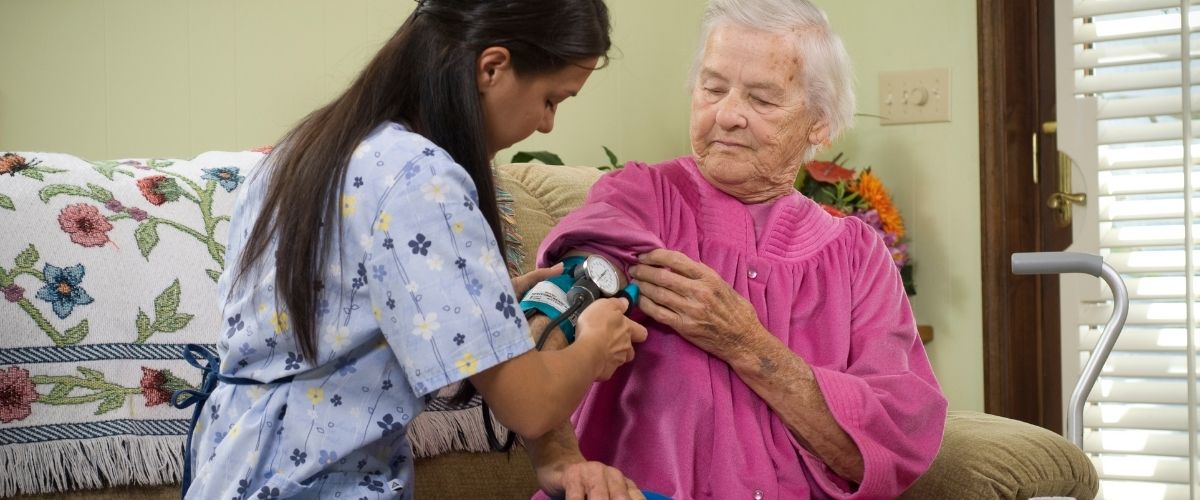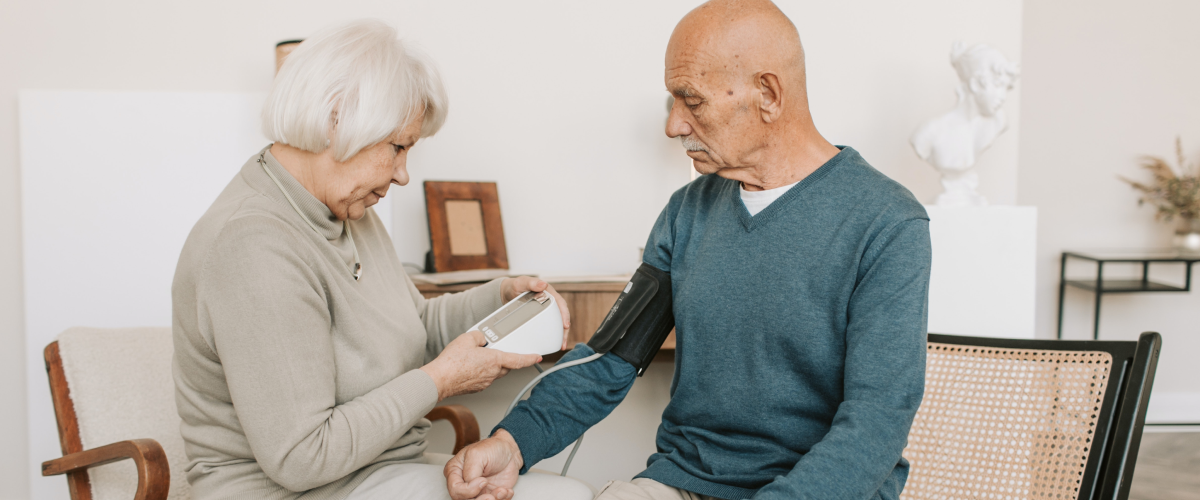Hypertension Care at Home
Our caregivers help seniors effectively manage their blood pressure and improve their quality of life.
- Award winning, nurse-led care
- Rigorously vetted, trained and trusted caregivers
- A+ BBB accredited, compassionate and consistent support
Excellence You Can Trust
GPA-certified caregivers, BBB A+ accredited service, supported with award-winning technology.

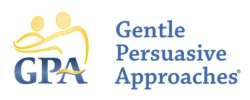
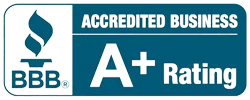
Find Care
Contact us now for a free assessment
High Blood Pressure Can Be Silent Until It’s Suddenly Not
Without consistent care and monitoring, hypertension puts your loved one at constant risk and leaves families anxious about what might happen next.

Unseen
Hypertension often has no symptoms until it’s too late.

Worry
You constantly fear sudden spikes or emergencies at home.

Right
Everyone deserves proactive care to avoid preventable crises.
Hypertension Home Care for Seniors
Hypertension stands as a silent threat for older adults. Managing hypertension is vital for overall health and longevity. Complications from hypertension can create challenges for older adults in taking care of themselves and managing everyday activities.
At ConsidraCare, we offer specialized care for seniors dealing with hypertension, ensuring personalized support to manage their health and well-being effectively.

Why Families Across Ontario Trust ConsidraCare


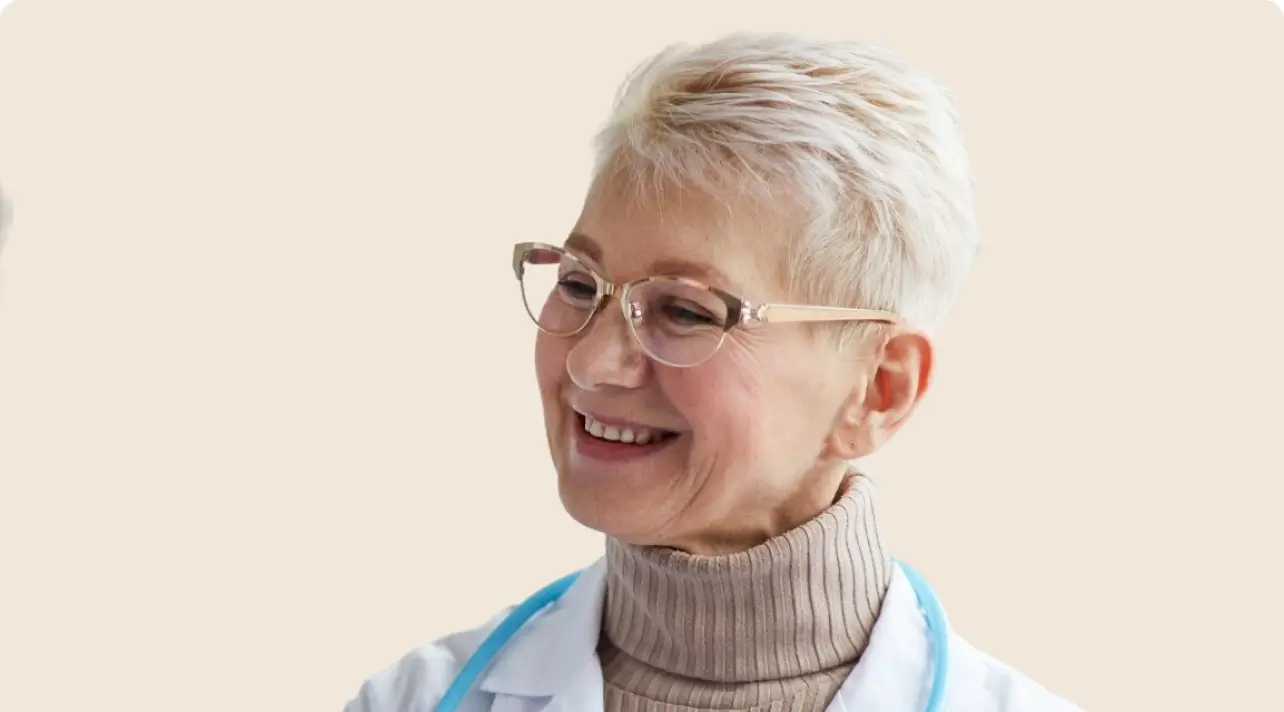
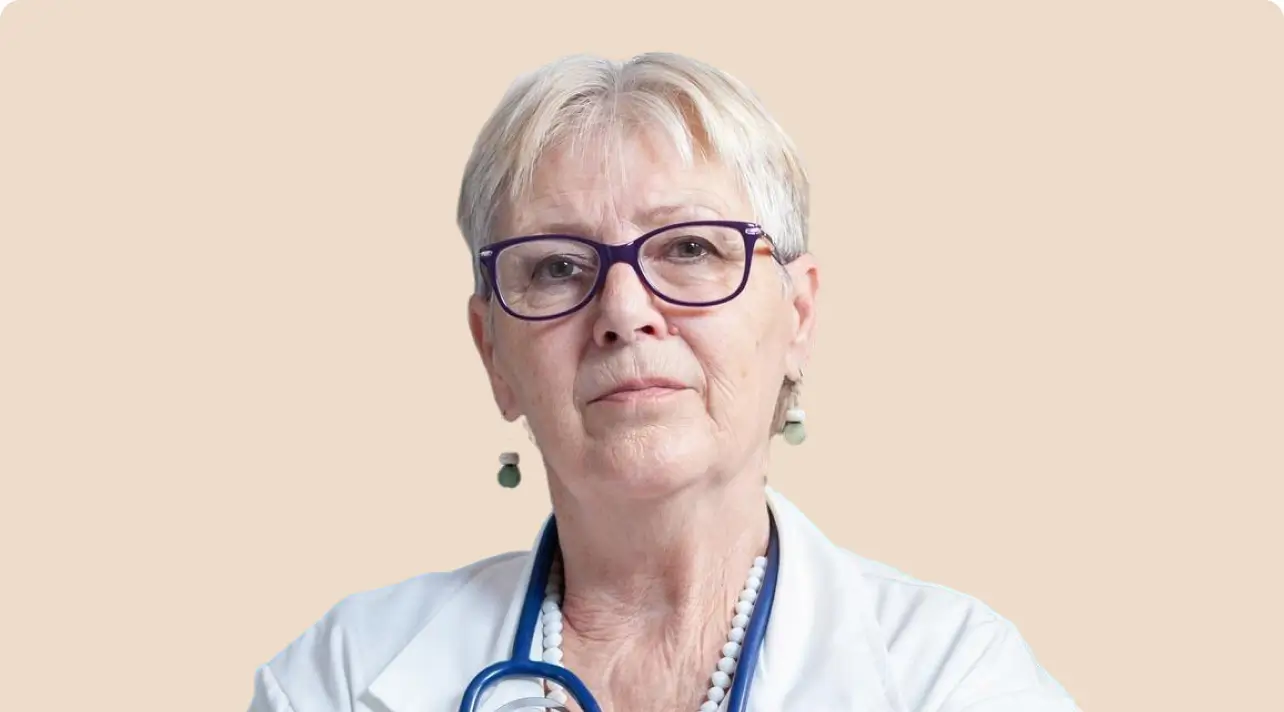

Simple, straight-forward and transparent pricing
New Client Offer
Only $33.99/hour* for the first month
For Hourly care. Conditions apply.
Regular Hourly Care
Limited Offer
Personal Support Worker (PSW) services for ongoing care needs
Starting From
$33.99
/hour
First Month Introductory Rate For Hourly Care
Recommended for
Seniors with non-chronic medical conditions requiring help only for a few hours or days in a week.
Regular care
3 or more visits per week
$38.99 /hr
12-24 hour shifts
$34.99 /hr
Short visits
1 - 2 visits per week
$44.99 /hr
- Bathing, Dressing & Grooming
- Meal Prep & Light Housekeeping
- Medication Reminders
- Couples Care from $46.99/hr
Live-in & Respite Care
Round-the-clock support with overnight caregiver presence
Starting From
$330
/day
First Month Introductory Rate For Live-in Care
Recommended for
Seniors with chronic and serious health issues in need for personal medical care in their homes.
Standard live-in
More than 7 days per month, recurring
$350 /day
Respite Care
Short-term (up to 7 days)
$400 /day
- All services provided under hourly care
- Overnight Safety and Supervision
- Nurse Supervision
- Ontario ESA Compliant Support
Nursing Care
Professional RN/RPN visits for medical care needs
Starting From
$150
/visit
Recommended for
Seniors with life-impacting chronic conditions requiring constant monitoring and assistance in daily tasks.
2 or more visits
$150 /visit
Single visit
$165 /visit
- Vitals Monitoring & Wound Care
- Medication Administration
- IVs and Injections
- Post-Hospital Assessment
- Site Safety Monitoring (Events, Movie Sets etc.)
Why We Are The Smartest Choice
We bridge the gap between expensive agencies and risky private caregivers.
Average Annual Savings
$4,500+
vs. Standard Agency Rates*
*Savings calculated based on a typical 20-hour weekly schedule compared to the 2024 industry average rate of $43.50/hr.
Feature
Private Caregiver
Traditional Agency
ConsidraCare
Hourly Rate
$25 - $30
(Cash)
$40 - $55+
$38.99
Nurse Assessment and Care Plan Updates
N/A
$150 - $250
$0.00
(Free)
WSIB & Insurance
High Risk
- Included
- Included
Nurse Supervision
None
Often Extra $$
- Included
Digital App
None
Maybe
- Included
Comparison based on market average for insured agencies in Ontario.
No hidden costs, long-term contracts or upfront placement fees.
Or call us on 1-855-410-7971 to get an instant quote




Why Choose Hypertension Care at Home?
ConsidraCare’s compassionate caregivers are dedicated to provide comprehensive support for patients dealing with hypertension. Our caregivers are trained to assist with medication management, ensuring that prescribed medications are taken as directed to keep blood pressure in check.
- Blood Pressure Monitoring And Tracking
- Medication Reminders And Side Effect Review
- Hydration And Rest Schedule Planning
- Companionship To Reduce Stress And Isolation
- Light Housekeeping And Companionship Meals
Real Stories From Across Canada
M. Lee
Client , Burlington
ConsidraCare’s expertise and compassion are evident in every interaction.
Dr Adam Kuyumi
Physician, Mississauga
ConsidraCare is a reliable partner in health care, delivering unwavering quality of care.
Talk to a care advisor
Our team will help create a custom care plan for your loved one — no pressure, no obligation.

Hypertension Care Vs General Home Care
Focus
Focus
Monitoring
Goal
Hypertension Care
Blood pressure management and medication compliance
Vitals tracked regularly to prevent spikes
Reduce risk of stroke or crisis
General Home Care
Daily living assistance and wellness support
Light monitoring and general safety checks
Support comfort and daily function
Frequently Asked Questions
Pulmonary hypertension cannot be reversed completely, however, there are methods and treatments to manage and reduce symptoms of hypertension.
- Avoid high sodium foods
- Avoid canned and processed foods
- Exercise
- Quit smoking
- Maintain a healthy weight
- Take prescribed medicines
- Implement a nutritious diet
- Avoid staying at higher altitudes
High blood pressure can clog or rupture the arteries that carry blood and oxygen to the brain, resulting in a stroke. A stroke can lead to serious impairments in speech, mobility, and other everyday activities.
Prehypertension, also known as Stage I Hypertension, is an early indicator that high blood pressure may develop in the body. Systolic blood pressure and diastolic blood pressure both often remain above 130 mmHg during stage-I hypertension.
Prolonged or untreated hypertension increases the risk of heart diseases, stroke, kidney or heart failure. Small changes in diet, lifestyle, and medication can help you manage blood pressure (120/90).
Let’s Help Your Loved One Feel Connected Again
No obligation. Just real care, real connection.


